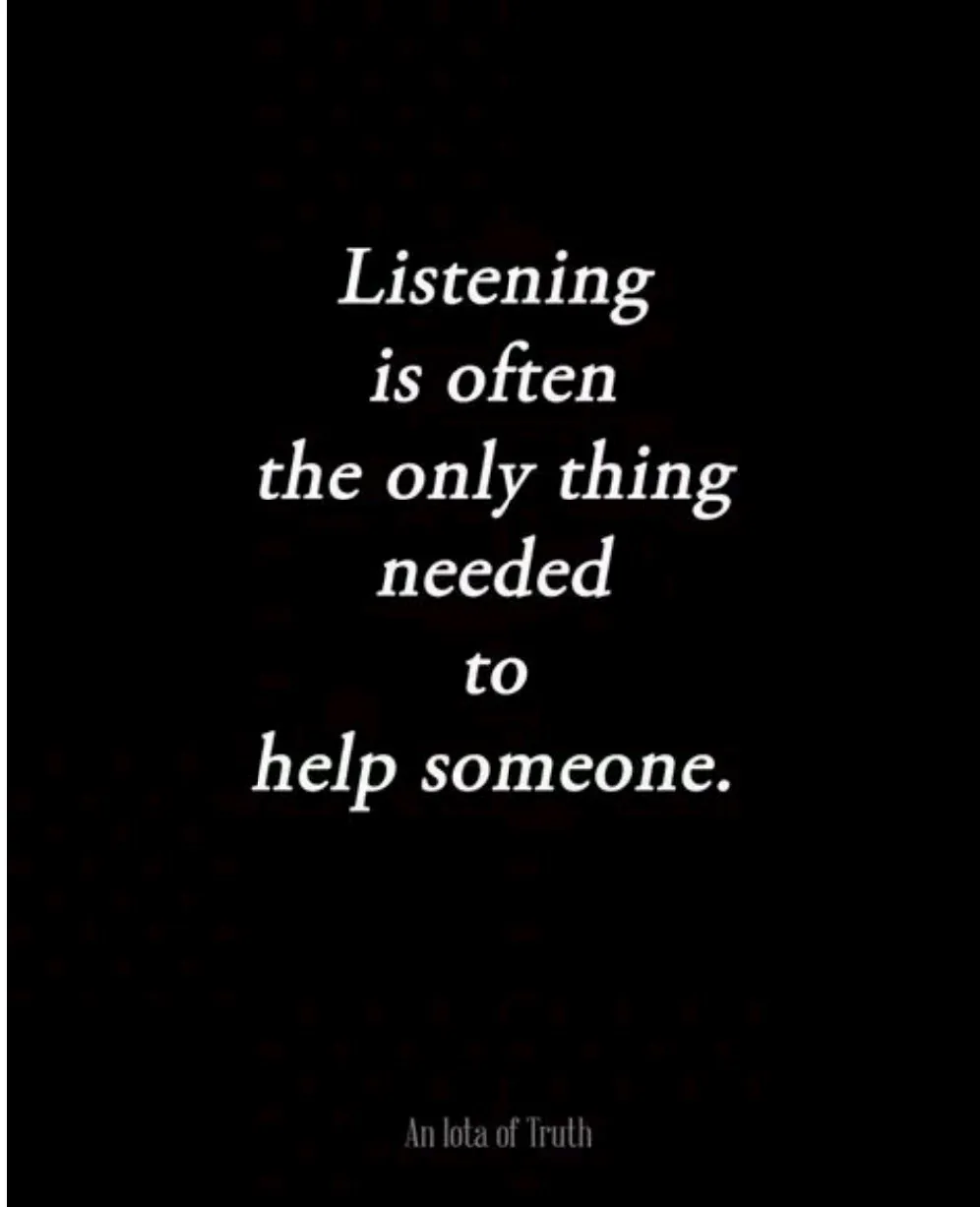Listening is the first Language skill and the foundation for other skills namely: reading speaking and writing thus, it is fundamental. At the tertiary level of education, it constitutes more challenge because it is the hallmark of success since the primary learning process of lecture delivery depends on it.
There is a marked difference between your attitude towards general discussions among your friends and that of the class in the course of a lesson. The initial one is effortless and less rewarding while the latter is with deliberate efforts and more rewarding. These differences mark the divergence between 'hearing' and 'listening'. More often than not we hear sounds that are made around us involuntarily but we do not comprehend or make meaning out of the sounds, except we listen.
Thus,listening is distinct from hearing because it is a purposeful or purpose-driven activity. It involves deliberate effort and purpose. The intention is to obtain relevant information contained in a stretch of sounds.

Listening processes.
Listening is the first stage in learning and in any skill acquisition. When we listen to something/someone in a crowded place the following activities take place:
receiving
focusing
deciphering
accepting
storing
You first received the various sounds from a source or sources before focusing attention on the cogent ones. You tried to decode specific sounds for the message contained therein. You found some acceptable and useful after interpreting them and you therefore store them for use.

Throughout these processes you were consciously engaged in series of activities which occupied your attention. You disregarded other sounds emanating from the place and did not get involved in other activities outside the ones directly connected with the sounds which preoccupied your attention.
Listening Levels.
While some writers categorise listening into
marginal
appreciative
attentive
analytical types,
I considers them as levels based on the values attached to particular sounds by the listener. You listen marginally to sounds or a message you attach no importance to. This requires partial attention as the sounds or message may not be directed or directly useful to you.
To be continued